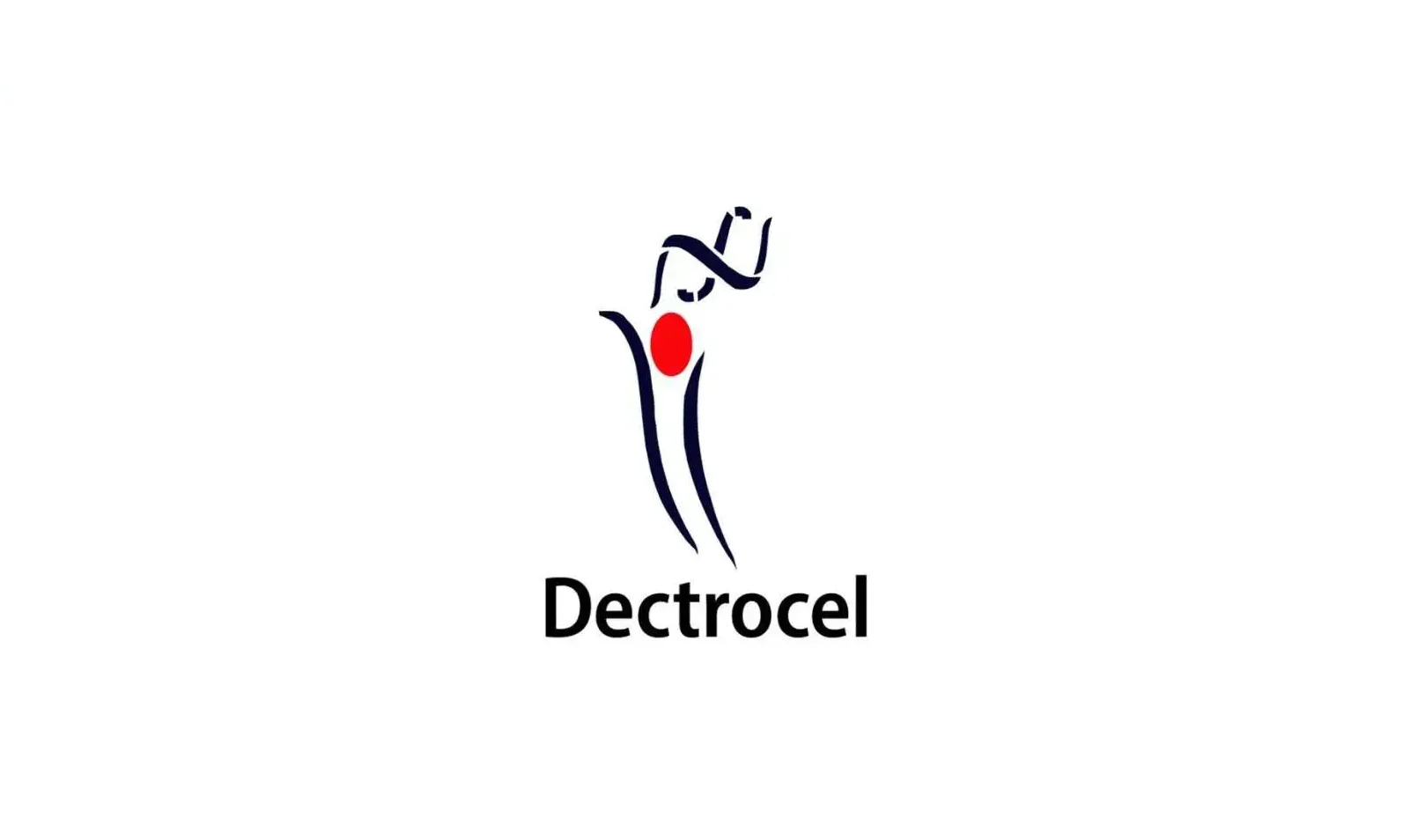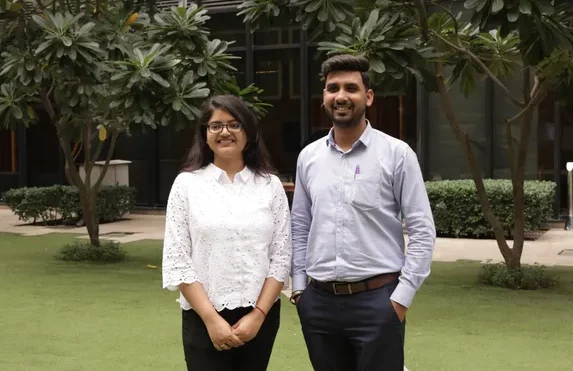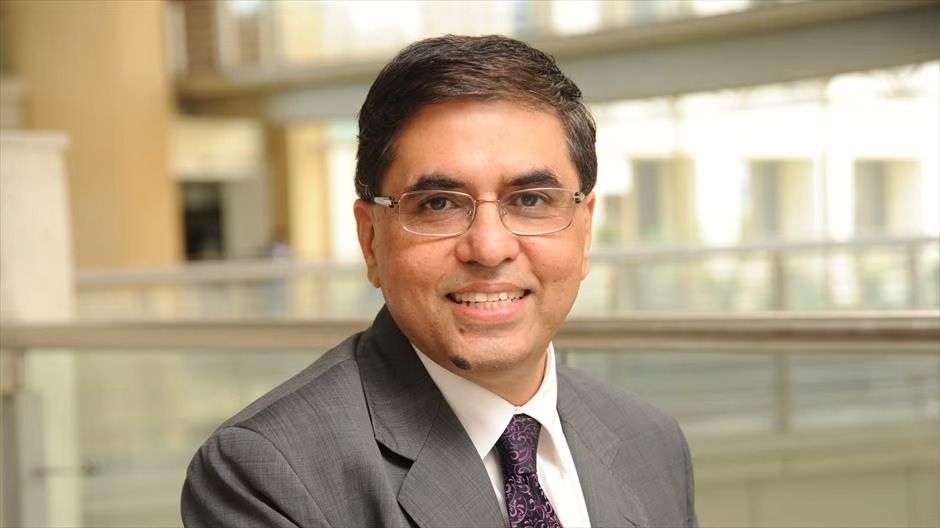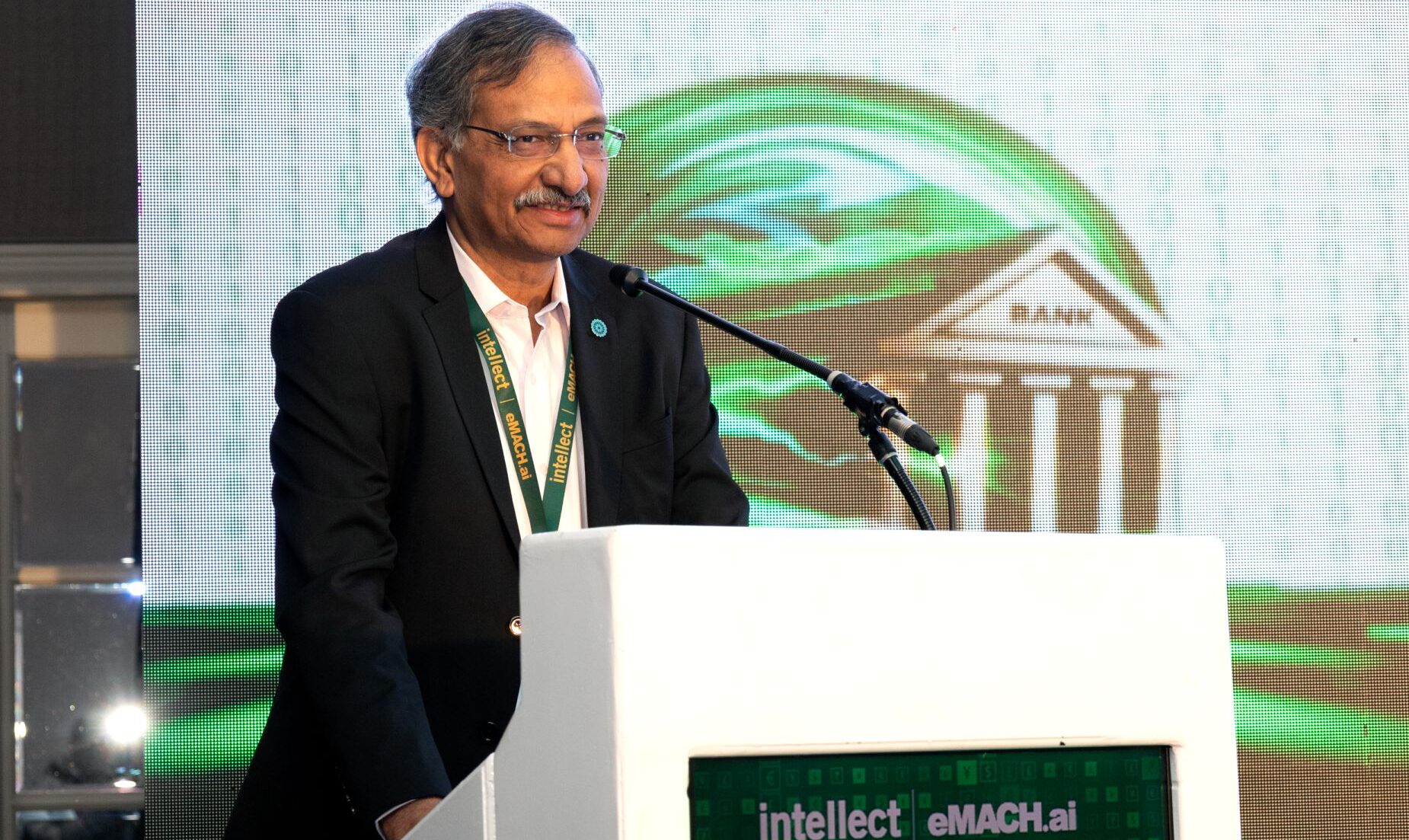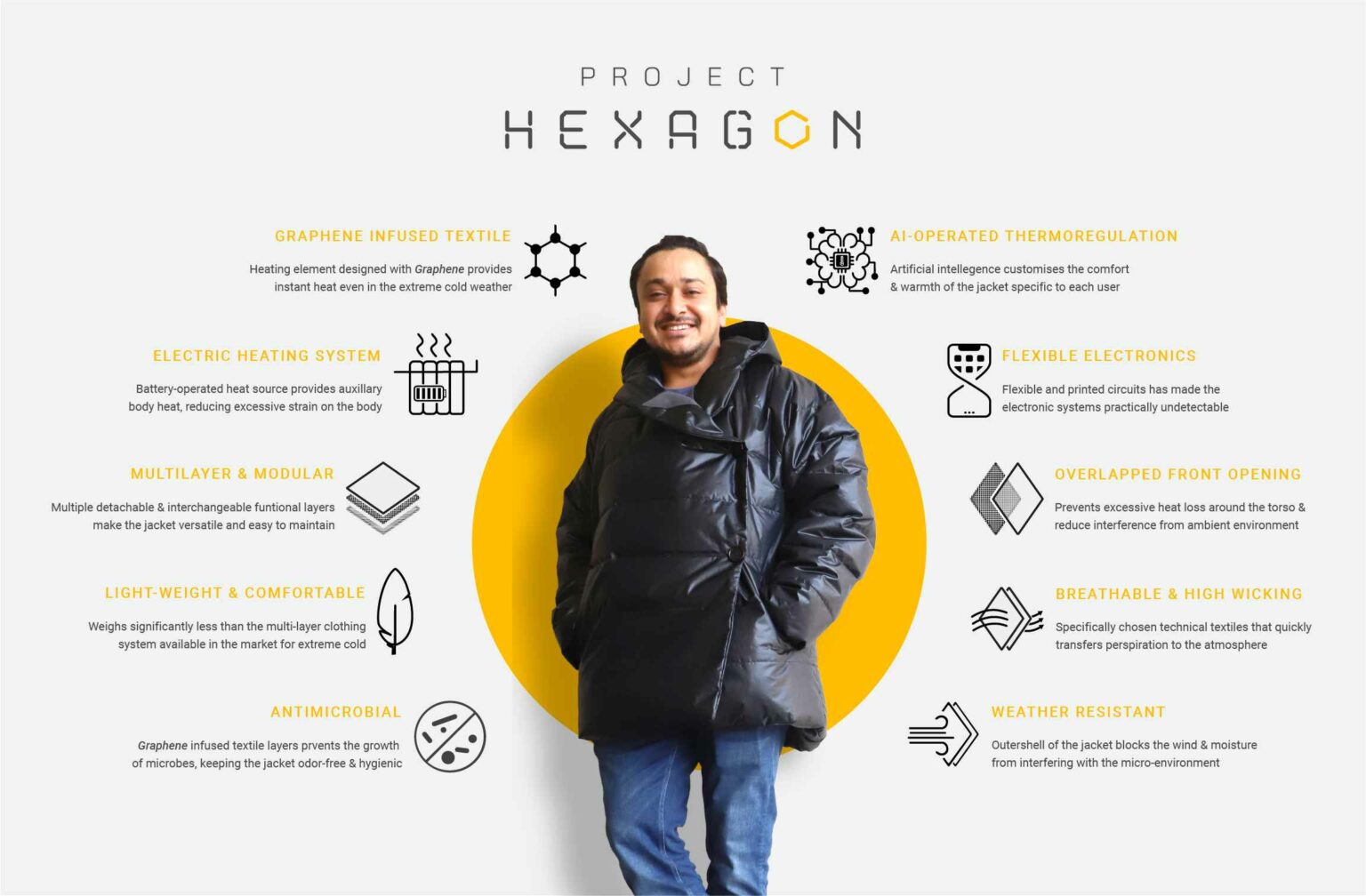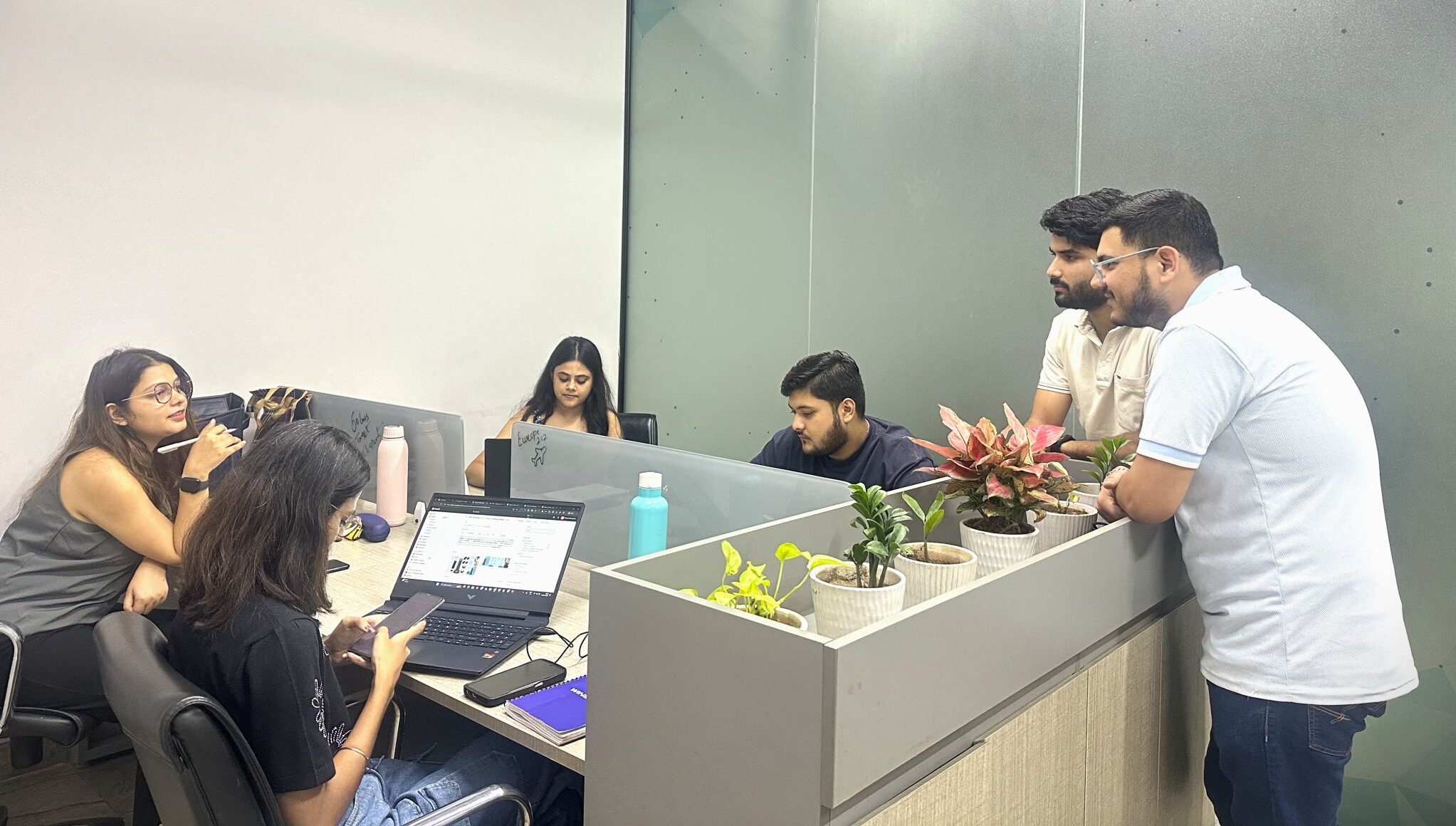Neeraj Poddar, founder of AI-startup Nimble Edge, revealed how inefficient regulatory processes in India cost him more than $100,000 in funding. According to a report in Financial Express, the trouble began when trying to raise money from Indian angels for a US-incorporated company with an Indian subsidiary. The Overseas Direct Investment (ODI) approval process took over seven months, marred by confusing demands and shifting requirements from Kotak Bank and the RBI, which Poddar described as “hell.”
Bureaucracy Creates Unnecessary Barriers
Poddar highlighted the complicated rules in India, especially the process of creating the GST. He pointed out the challenges of bringing Indian advisors to US-based startups. Many advisors backed out because of unresolved paperwork and lengthy legal procedures. This not only affected his funding but also slowed down his business growth, showing how important it is to make doing business easier.
Why This Matters for Indian Startups
India has made progress reforms like the Startup India initiative, decriminalization efforts, and simplified compliance have helped over 159,000 startups gain recognition. But challenges remain. A World Bank interface shows complex regulatory hurdles slow business growth by up to 30%, and fintech licensing can take up to 6–12 months, far slower than global peers like Singapore.
Moreover, nearly 49% of founders surveyed believe abrupt regulatory shifts adversely affect the startup environment.
Policy Gains, But Grassroots Pains Persist
The Ministry of Corporate Affairs decriminalized 63 offences and streamlined startup exit processes via C-PACE, speeding up voluntary strike-offs and lowering red tape. Yet, on-the-ground challenges persist. Founders like Poddar continue to face drawn-out approvals, which hamper funding velocity, especially damaging for early-stage AI startups where agility is key.
India as Global Innovation Hub
India wants to be a global innovation hub, but talent and capital won’t win without smooth governance. Poddar suggests implementing SLAs (service-level agreements) that settle clearances in days, not months or quarters. That means digitized, transparent, and predictable processes, a foundation India needs to motivate investors and founders alike.
Also Read: India to Ease Business Visas for Chinese Executives











